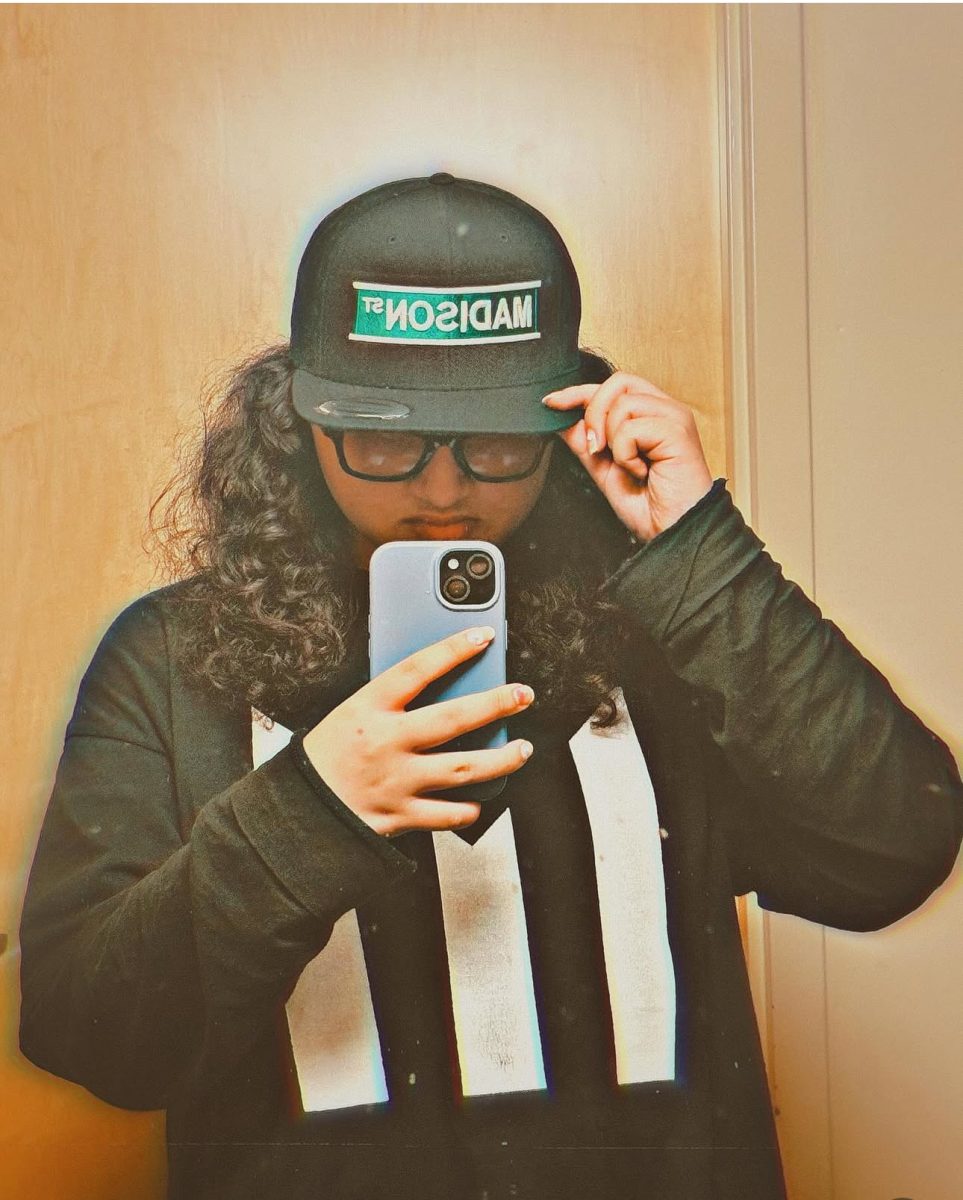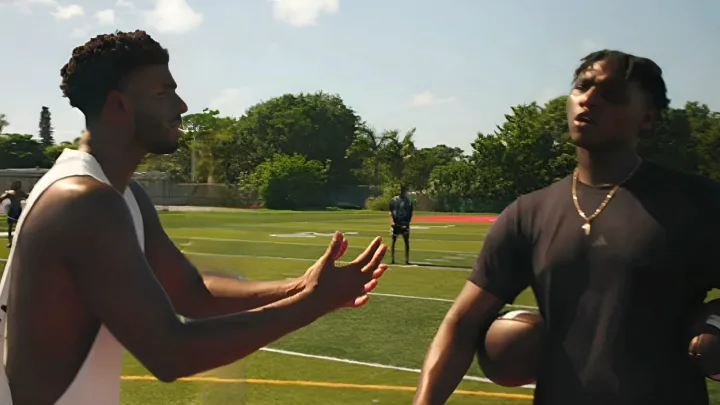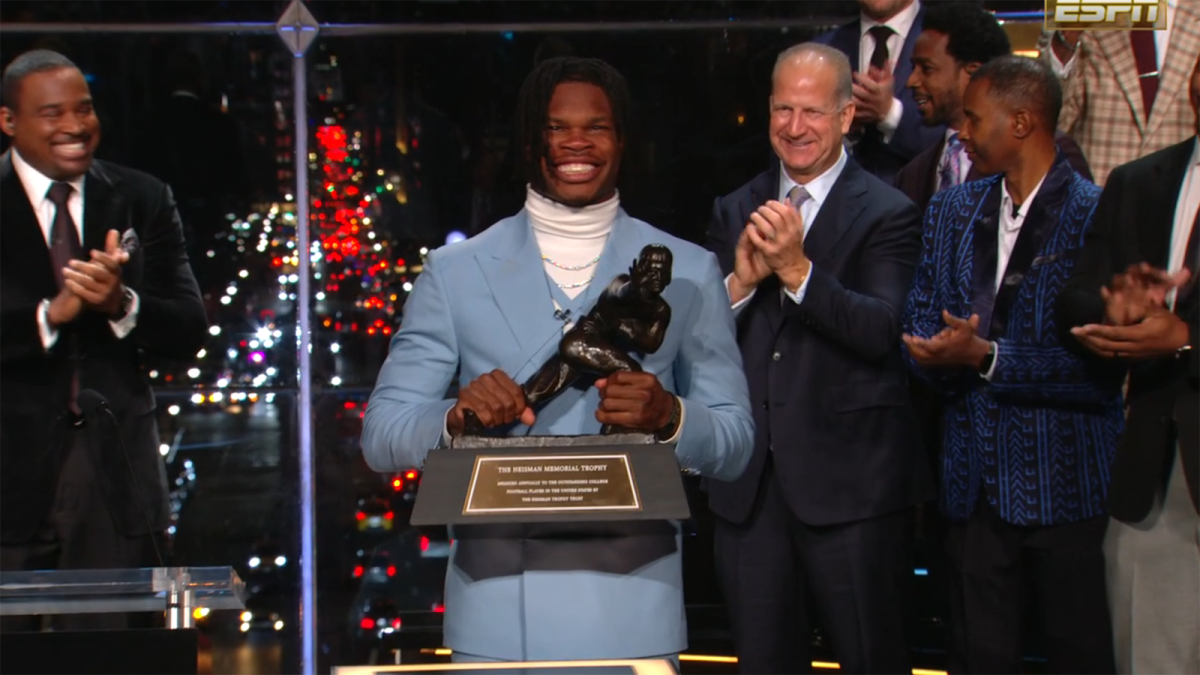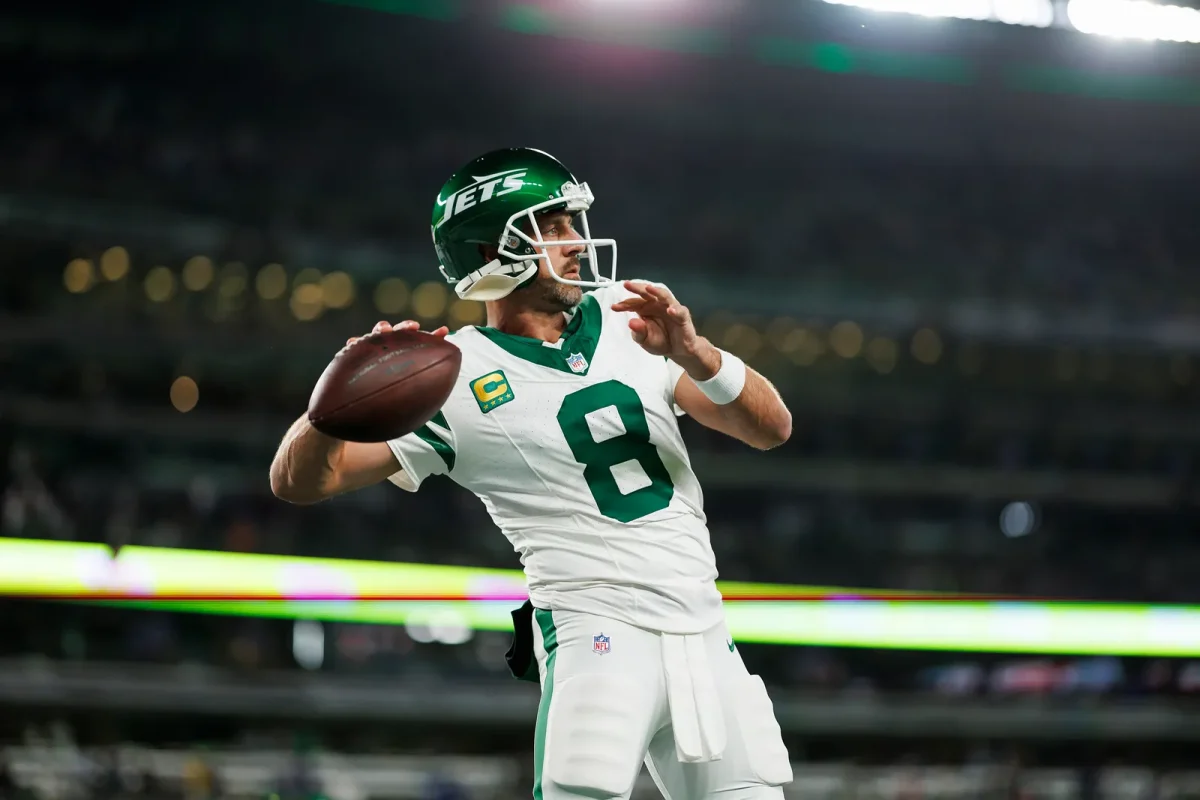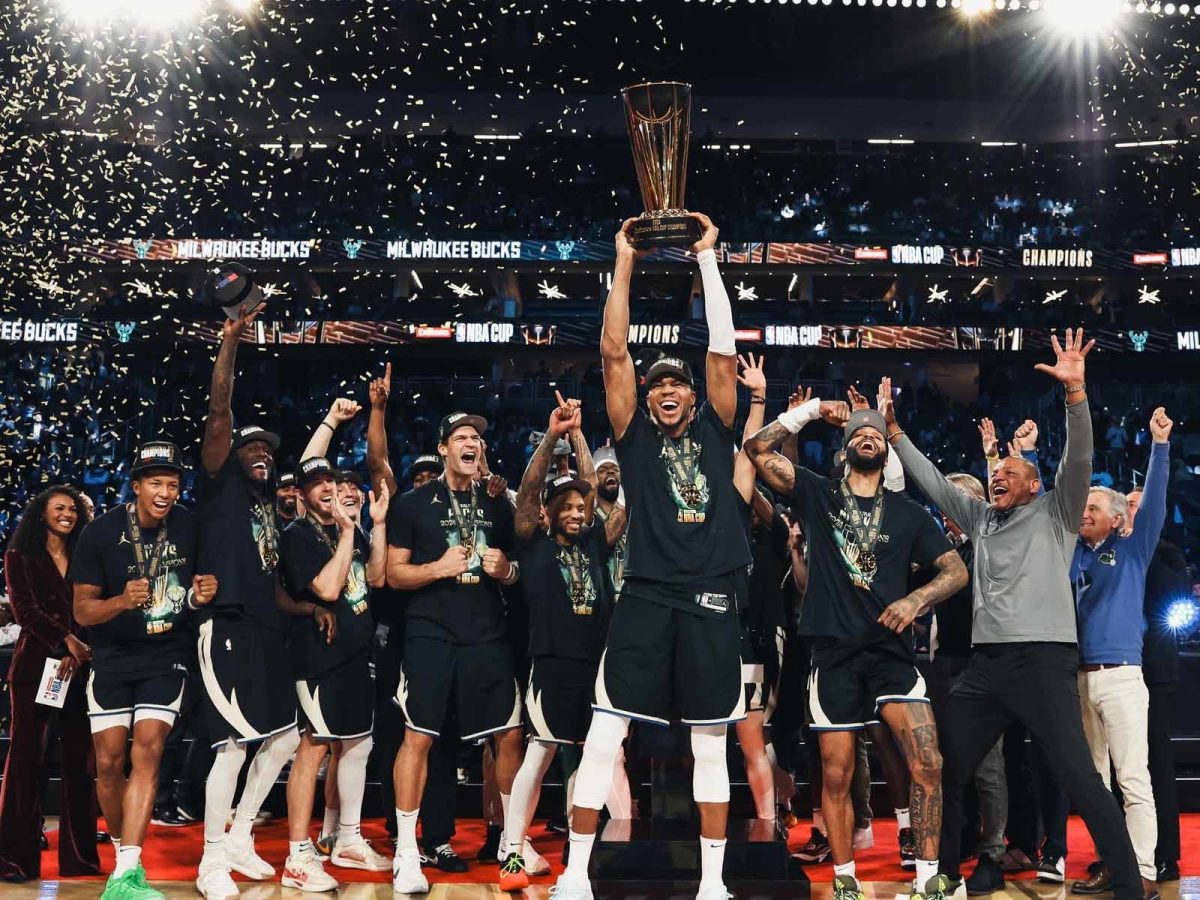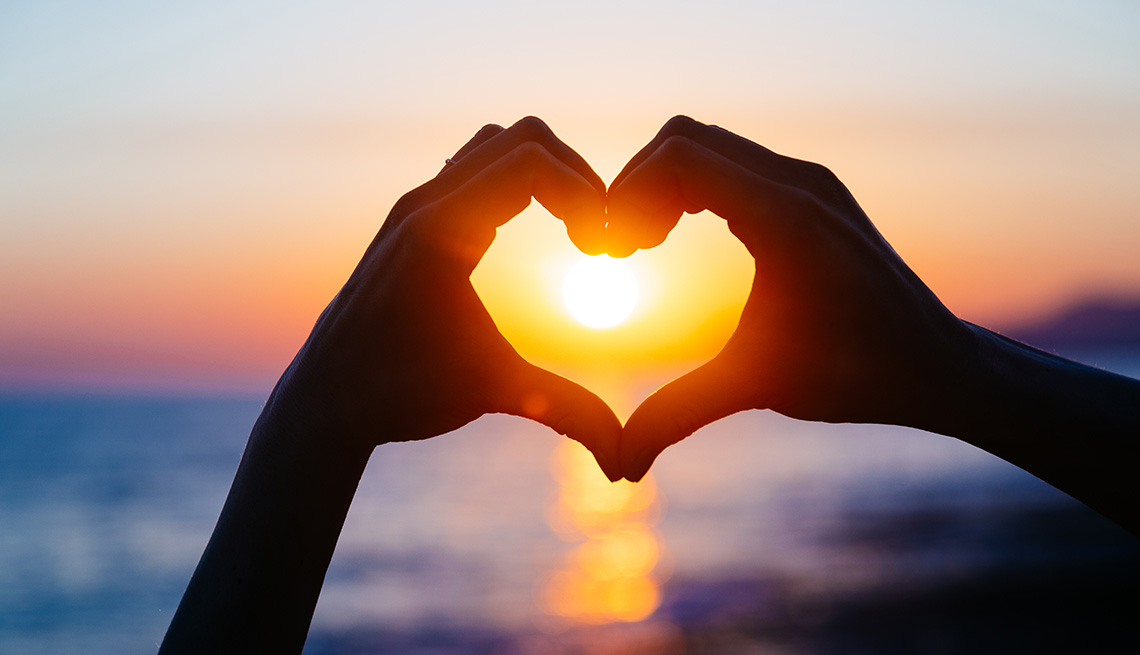As discussions about banning TikTok in the United States intensify, the nation finds itself divided, not only along political lines but also across generational divides. The app, which has become an essential part of many people’s daily routines, especially younger users, faces increasing scrutiny due to concerns about privacy, national security, and its potential influence on society. The debate has sparked a passionate conversation, and different age groups have distinctly different perspectives on the issue.
Rich, a 16-year-old high school student, is among the millions of teens who use TikTok every day. “TikTok is a huge part of my life,” he says. “It’s where I get my news, learn new things, and stay connected with my friends. It’s just a fun place to hang out online. There are a lot of positive things about TikTok, like creativity and being able to express yourself.” “Theres also a lot of viral content and memes on there, like the pops meme, the Kevin Garnett Nets meme, and what not, that make it popular and it could be a very useful source of info.”
Sara, 17, shares similar sentiments. “I love how TikTok allows me to learn new things that I wouldn’t find in school. I’ve picked up life hacks, cooking tips, and even mental health advice. It’s a great tool for discovering things outside of my small town. Plus, I’ve made so many friends from different places—places I’d never be able to visit otherwise.”
Sara, who has been using TikTok for three years, believes that banning the app would do more harm than good. “The people pushing for a ban don’t understand how much TikTok has become a space where we can be ourselves. A lot of the older generation doesn’t get how important it is to us. We’re not just using it to waste time. It’s a tool for expression, learning, and making connections,” she says. “If it’s banned, people are just going to find another app. The real problem is the lack of understanding about how social media works for our generation.”
In contrast, Michael, a 55-year-old man from New York, views the TikTok debate through a different lens. As someone who grew up in a pre-internet era, Michael is more cautious about the influence of social media. “I get the appeal, especially for kids, but TikTok isn’t just some harmless fun—it’s a security risk,” Michael says, shaking his head. “I worry about the data TikTok collects. I know it’s not just TikTok, but the fact that it’s owned by a company in China makes it even more concerning. What happens to our personal information once it’s out there? I don’t trust that.”
For Michael, the idea that TikTok could be used for surveillance or influence campaigns is a serious concern. “You can’t deny that China has a different approach to data privacy than we do. They have access to all kinds of information about people. Who knows what they could do with it?” Michael adds. “I get that it’s popular, but I just don’t think we can ignore the potential risks. The government needs to protect us, and that might mean putting a stop to TikTok before it’s too late.”








